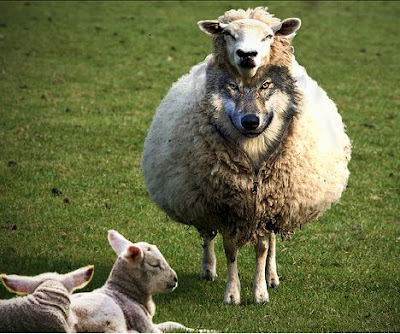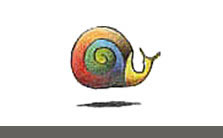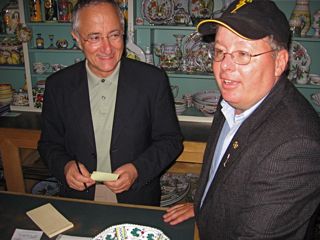TAKE ACTION HERE
Or Go to SeattleGlobalJustice.Org. Contact info for the Bill &Melinda Gates Foundation here, (the Gates Foundation makes it clear they are under no obligation to review or respond to your correspondence to their address).



"Last week, a financial website published the Gates Foundation’s investment portfolio, including 500,000 shares of Monsanto stock with an estimated worth of $23.1 million purchased in the second quarter of 2010. Prominent links include high-level [Gates] Foundation staff members who were once senior officials for Monsanto, such as Rob Horsch, formerly Monsanto Vice President of International Development Partnerships and current Senior Program Officer of the Gates Agricultural Development Program.
Monsanto has already negatively impacted agriculture in African countries. For example, in South Africa in 2009, Monsanto’s genetically modified maize failed to produce kernels, and hundreds of farmers were devastated. Some farmers suffered up to an 80% crop failure.
Transnational corporations like Monsanto have been key collaborators with the Foundation and AGRA’s grantees in promoting the spread of industrial agriculture on the continent. This model of production relies on expensive inputs such as chemical fertilizers, genetically
modified seeds, and herbicides. Though this package represents enticing market development opportunities for the private sector, many civil society organizations contend it will lead to further displacement of farmers from the land, an actual increase in hunger, and migration to already swollen cities unable to provide employment opportunities.
In a 2008 report initiated by the World Bank and the UN, the international Assessment of Agricultural Knowledge, Science and Technology for Development (IAASTD), promotes alternative solutions to the problems of hunger and poverty that emphasize their social and
economic roots. The IAASTD concluded that small-scale agroecological farming is more suitable for the third world than the industrial agricultural model favored by Gates and Monsanto. In a summary of the key findings of IAASTD, the Pesticide Action Network North America (PANNA) emphasizes the report’s warning that “continued reliance on simplistic technological fixes—including transgenic crops—will not reduce persistent hunger and poverty and could exacerbate environmental problems and worsen social inequity.” Furthermore, PANNA explains, “The Assessment’s 21 key findings suggest that small-scale agroecological farming may offer one of the best means to feed the
hungry while protecting the planet.” (Excerpted from press release Aug 25/2010 -
AGRA-Watch http://www.seattleglobaljustice.org/agra-watch - Links, italics, and bold font added by Land & Sea)
Press release posted by irresistable fleet of bicycles/the Greenhorns : http://tinyurl.com/3a8s39p
Monsanto has already negatively impacted agriculture in African countries. For example, in South Africa in 2009, Monsanto’s genetically modified maize failed to produce kernels, and hundreds of farmers were devastated. Some farmers suffered up to an 80% crop failure.
Transnational corporations like Monsanto have been key collaborators with the Foundation and AGRA’s grantees in promoting the spread of industrial agriculture on the continent. This model of production relies on expensive inputs such as chemical fertilizers, genetically
modified seeds, and herbicides. Though this package represents enticing market development opportunities for the private sector, many civil society organizations contend it will lead to further displacement of farmers from the land, an actual increase in hunger, and migration to already swollen cities unable to provide employment opportunities.
In a 2008 report initiated by the World Bank and the UN, the international Assessment of Agricultural Knowledge, Science and Technology for Development (IAASTD), promotes alternative solutions to the problems of hunger and poverty that emphasize their social and
economic roots. The IAASTD concluded that small-scale agroecological farming is more suitable for the third world than the industrial agricultural model favored by Gates and Monsanto. In a summary of the key findings of IAASTD, the Pesticide Action Network North America (PANNA) emphasizes the report’s warning that “continued reliance on simplistic technological fixes—including transgenic crops—will not reduce persistent hunger and poverty and could exacerbate environmental problems and worsen social inequity.” Furthermore, PANNA explains, “The Assessment’s 21 key findings suggest that small-scale agroecological farming may offer one of the best means to feed the
hungry while protecting the planet.” (Excerpted from press release Aug 25/2010 -
AGRA-Watch http://www.seattleglobaljustice.org/agra-watch - Links, italics, and bold font added by Land & Sea)
Press release posted by irresistable fleet of bicycles/the Greenhorns : http://tinyurl.com/3a8s39p

